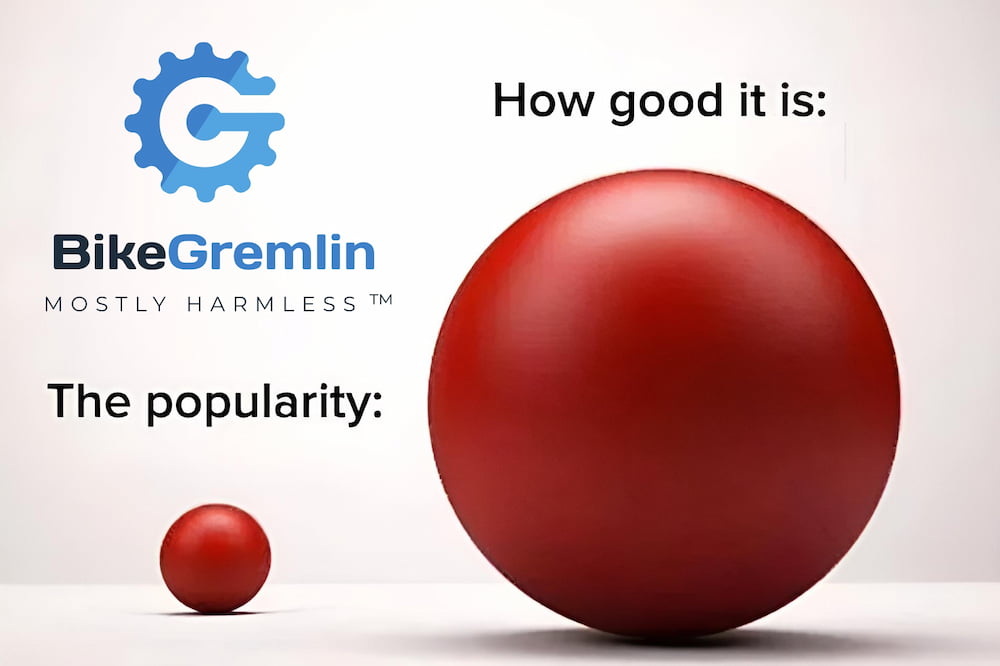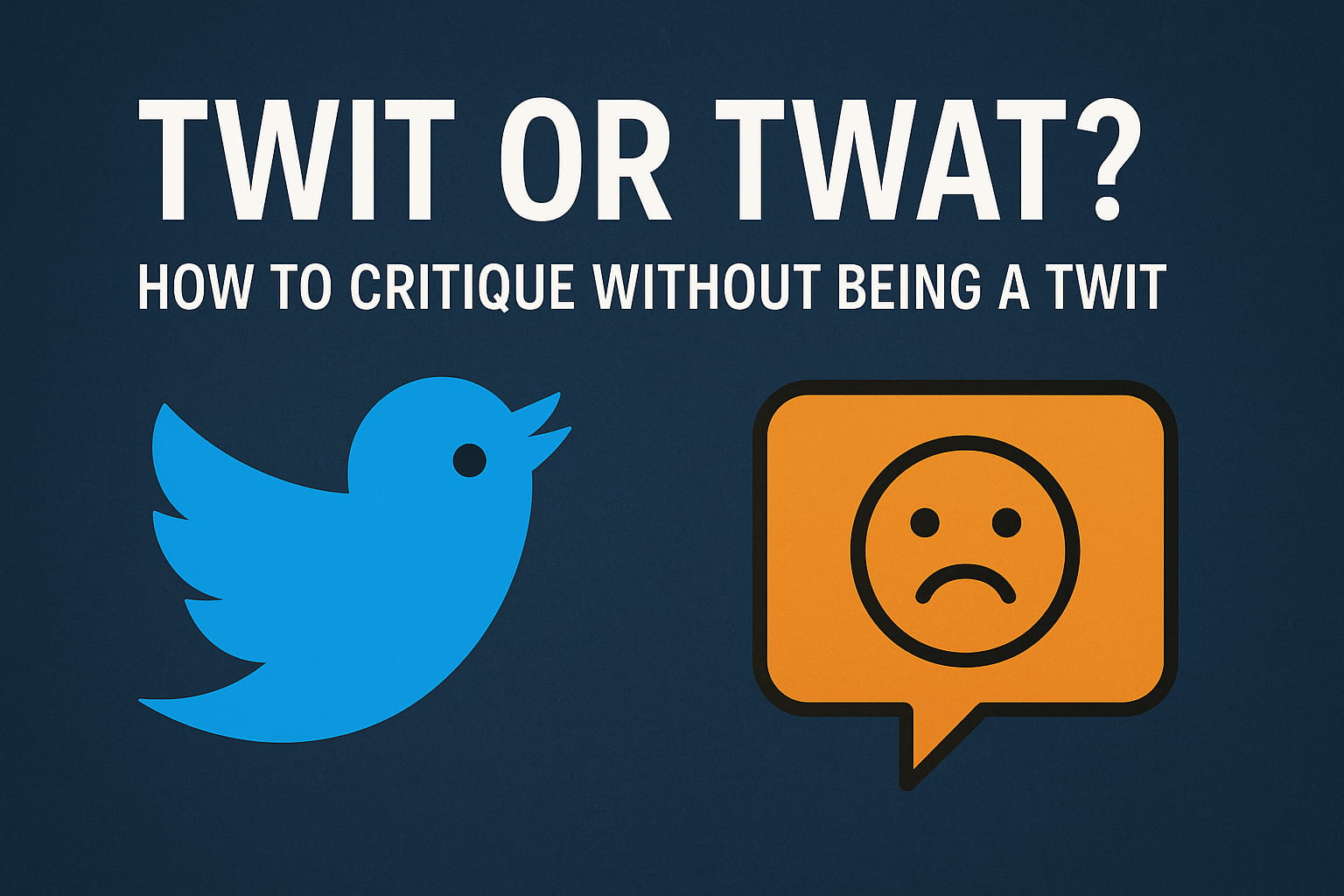A practical guide for giving feedback that helps, not harms.
Introduction
I’ve been publishing tutorials, videos, and articles for well over a decade now – and one thing that never fails to show up is criticism. Which is fine. Critique is important. It helps improve the quality of work and keeps bad information in check. But there’s a difference between being helpful and just talking crap.
This article is for anyone who wants to offer constructive feedback – without sounding like a keyboard warrior. It’s also a reply of sorts to some of the more common (and lazy) comments creators get, especially when we try to share experience-based insights.
1. Yes – most online creators are chasing views.
But not all of us are.
Some creators are trying to be useful. They test things themselves. They show their work. They publish detailed write-ups, diagrams, and follow-ups. They answer questions when they can. They invest time and effort with no promise of reward beyond maybe helping someone out.
So before you comment, ask yourself: Is this someone who’s putting in the work? If yes – maybe start by assuming they’re doing their best.
2. “You’re stating opinions as facts.”
I get this a lot.
Most of my articles are technical – tables, tests, measurements. When I do give opinions, I usually make it clear. I even label whole sections or articles/videos as “my thoughts, based on my experience…” But I don’t add “in my opinion” to every sentence because I’m writing to be read, not to pass a legal deposition (or a scientific paper).
You’re free to disagree. Just don’t weaponise the opinion vs fact argument to shut me down. It’s a weak move – especially if you don’t bother offering a counterpoint.
Want to dig deeper on this topic? Read Cycling Industry Nonsense – Section 6.2. You state your own opinion as a fact.
3. You can be blunt – just be useful
If I make a mistake – tell me. If I miss something – correct me.
But do it in a way that helps me (and everyone else reading) learn something.
Good (even if incorrect in this case – in my opinion based on my education, theoretical knowledge, and decades of practical experience – see how awkward this is, related to the section 2 above?):
“You mentioned greasing square tapers. That can lead to over-tightening and crank damage. Many mechanics prefer a dry fit for that reason.”
Bad:
“This is crap, don’t listen to this guy.”
One helps. One just makes noise.
4. “Experience” still counts
Let me put it like this:
- “I don’t like And Quiet Flows the Don” – that’s personal taste.
- “I don’t like disc brakes (for many use cases)” – that’s a technical opinion, based on a full list of pros and cons, and 10+ years of trying, testing, fixing, and helping thousands of cyclists.
Disagree? Great. Let’s discuss it. But don’t act like that kind of opinion is just a feeling – it’s not. It’s an informed judgment.
5. Don’t try to “win” – try to help
Straight talk is fine. Mockery and one-upmanship aren’t feedback or corrections – they’re ego trips.
This is what good feedback looks like:
- It corrects an error with clarity.
- It shares a different experience or perspective.
- It links to a source, a manual, or even another real-world test.
This is what bad feedback looks like:
- It nitpicks phrasing without addressing the core idea.
- It tries to dunk on someone to look smart.
- It adds nothing useful to the discussion.
If you’re taking the time to comment, make it worth reading.
Here is a practical example of a (“bad”) comment with logical fallacies listed and explained:
https://www.bikegremlin.net/threads/how-to-install-square-taper-cranks.493/#-logical-fallacies-discussed-example

Final Note
Criticism is welcome. Corrections are gold. Different perspectives are valuable. But if your goal is just to sound clever, or to “call someone out,” you’re not helping anyone – and you probably won’t be taken seriously.
Be direct. Be honest. But most of all – be useful.
Related Articles
- How to Install Square Taper Cranks (with or without grease)
- Is BikeGremlin a Reliable Source?
- Freedom of Speech and Science
- “How to install square taper cranks” video comment discussed
Cheers,
Relja
Last updated:
Originally published:

